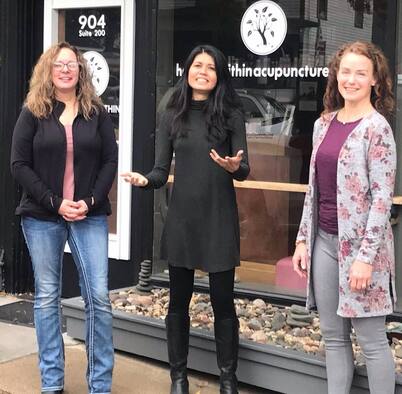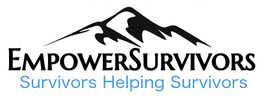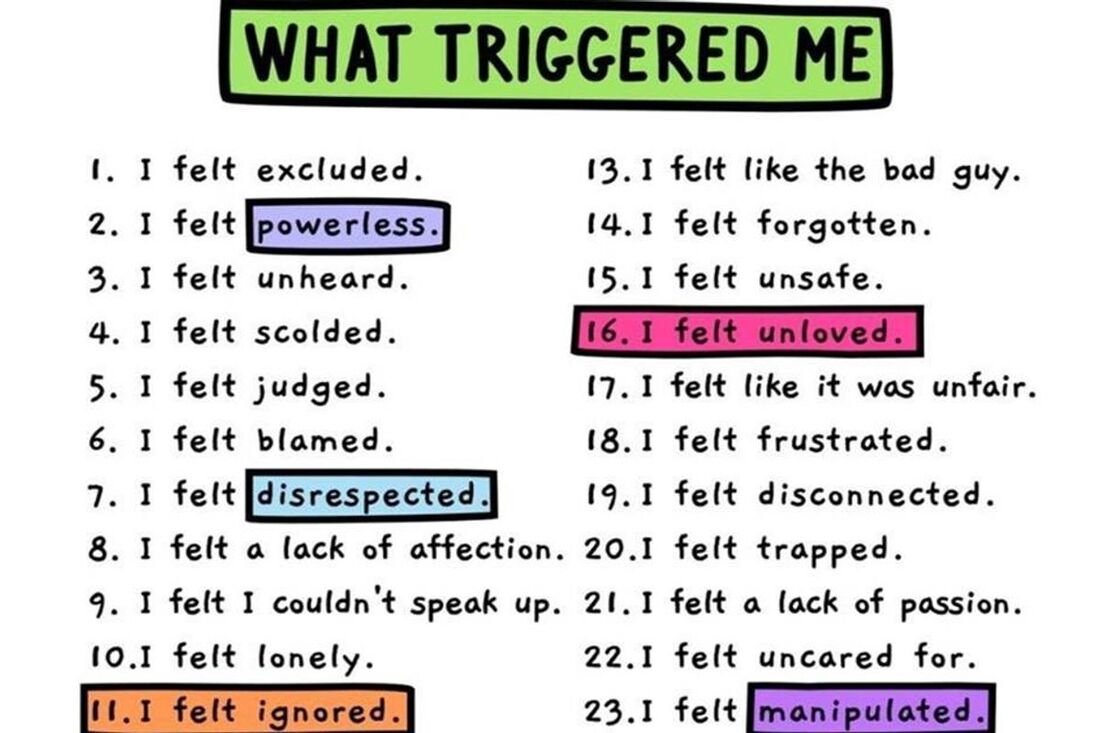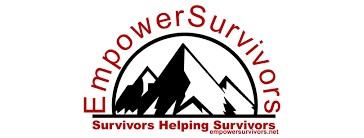|
This is COLLABORATION!
Since 2015, Healing Within Studio and EmpowerSurvivors have collaborated on a number of projects. EmpowerSurvivors is a local non-profit peer-led support group for adult survivors of childhood sexual abuse. Collaboration is an effective tool for reaching more of those in need in our community. It also allows for developing programs that better meet very specific needs. Plus we truly enjoy working with each other. Building Emotional Resilience led by Liz Stoeckmann is our latest collaborative effort. Liz developed this series as a community service project and is volunteering 100% of her time and energy. Building Emotional Resilience: A 4-week iRest Meditation Series Tuesdays, October 12th to November 9th 6:30 - 7:45 pm CT, online via Zoom Liz Stoeckmann, certified iRest Meditation instructor This much-needed class is open to all. No previous yoga or meditation experience needed. Those living with chronic stress and anxiety are encouraged to attend. Class is beneficial for survivors, veterans, front line responders, and healthcare workers. Sliding fee. Pay as you are able. Proceeds go to EmpowerSurvivors. Please share with those who may need this info. Register for the series here: https://hw-acupuncture.square.site/.../yoga-and.../27... Photo by Kendra: Elizabeth Sullivan (EmpowerSurvivors), Aimee Van Ostrand, LAc, and Liz Stoeckmann at our Stillwater studio.
0 Comments
Choosing to disclose, or share, a history of childhood sexual abuse (CSA) is a completely individual decision. While some forms of treatment or healing may involve disclosing the trauma to move forward, this may not be the most beneficial option depending on each survivor’s personality or history. Some individuals may want to share what has happened to them, while others may never choose to tell anyone for the rest of their life. Sometimes, the decision not to disclose a history of abuse may be due to a previous attempt to disclose that did not go as planned. For example, some survivors may have tried to tell someone when they were a child or when they were experiencing the abuse and may have been ignored or not believed. This may cause feelings of fear or a lack of desire to try to open up again.
Many survivors will never disclose the abuseIt has been estimated that nearly 20% of all survivors of childhood sexual abuse will never disclose the abuse, and roughly 60% will not disclose the abuse until at least five years after the first incident.1 Whatever the reason may be for not disclosing an abuse, each individual’s story is their own to tell. However, much they want to share is completely up to them, as well as when, or if, they disclose this information to their friends, family, or partners. Although this decision and situation can be handled a variety of ways, there are a few things to consider that may help an individual make the decision to disclose a history of abuse, and ideas to make the process as positive and healthy as it can be. These include, but are not limited to:
In relation to trauma, a trigger is something that calls to mind a previous traumatic situation and may provoke a flashback of the event. Therapists suggest that triggers can vary person to person, and are dependent on an individual’s personal, and often private, experiences. It may be hard to predict what may be a trigger for you or a loved one, however, the more attention you pay to identifying triggers, the easier it may become to predict, control, or manage their effects.
Types of triggersTriggers can be divided into different categories, including those based on our senses. Common categories of triggers may include:
Managing TriggersThere are various approaches to managing triggers. Although everyone’s triggers may be different, there are common tips that can be used to deal with them in a healthy manner. These include, but are not limited to:
|
Archives
May 2024
Categories
All
|






 RSS Feed
RSS Feed